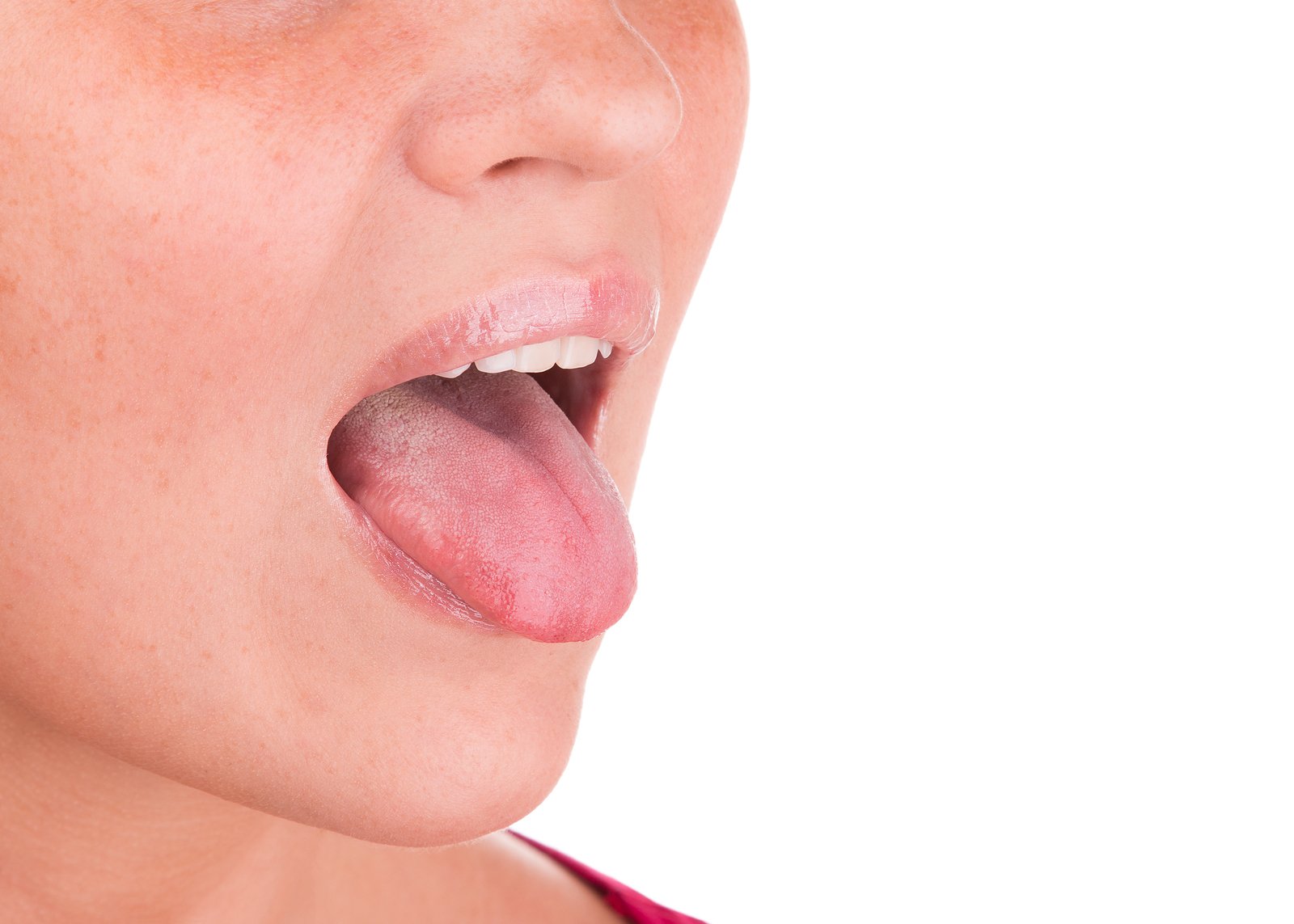What Your Tongue Says About Your Health

Summarize with AI
Spots, bumps and colored patches on your tongue can sometimes be a sign of underlying issues affecting your overall health. Whether it's caused by stress, diet, infections, medications or something more serious, it's important to know the implications of the following common tongue irregularities.
White patches
If you see creamy white spots on your tongue, it could be a sign of thrush, a fungal infection that usually occurs when an illness or medication disturbs the balance of oral bacteria. On the other hand, if you notice flat, hard white areas that can't be scraped off, it may be a sign of leukoplakia, which is often linked to cancer.
Very red tongue
If your tongue seems abnormally red, it may be a sign of Kawasaki disease, a rare, serious illness that causes the blood vessels to inflame throughout the body. A red tongue may also be a sign of scarlet fever. If your tongue is red and sensitive, it could be a sign that you aren't getting enough vitamin B3 in your diet.
Smooth tongue
If your tongue seems abnormally smooth without any bumps, you may not be getting enough essential nutrients, such as iron, B vitamins or folic acid. Celiac disease, infections and certain medications can also cause a tongue to appear smooth and glossy. If you have smooth areas or patches next to bumpy ones, you might have geographic tongue, which can cause sensitivity to hot or spicy foods.
Bumpy tongue
If you have small, reddish, painful bumps beneath your tongue, it's most likely a canker sore. A single, painful bump near the very tip could be transient lingual papillitis, which can pop when irritated. Viruses can also cause little bumps on the tip and sides of the tongue. If you have a lump on your tongue that doesn't go away, you should be screened for oral cancer.
Grooved tongue
Deep grooves sometimes form in people's tongues as they age. They can also be linked to psoriasis, Down syndrome and Sjögren's syndrome. Although these grooves are generally harmless, you should consistently brush your tongue to clear out bacteria and food particles. The grooves may get better once your physician treats the underlying condition that's causing them.
Sore tongue
Because our tongues have countless nerve endings, it really hurts when we bite or injure them. Thrush, lichen planus, geographic tongue and canker sores can also cause tongue pain. Certain infections and medications can also cause your tongue to feel sore. Sometimes tongue pain can be a sign of cancer, especially when accompanied by a lump or white or red patches.
Things to Consider
Many bumps, spots and colors on your tongue are temporary and harmless. That said, it's good to know the signs that might point to cancer. This includes any oral sores that don't heal, lumps within the mouth, tongue pain, and any difficulties chewing or swallowing. If you experience any of these symptoms for more than two weeks, see your dentist.
.png)

